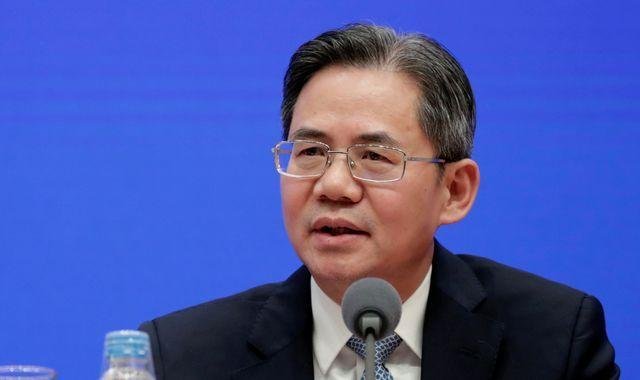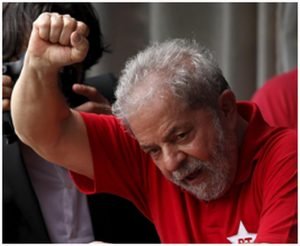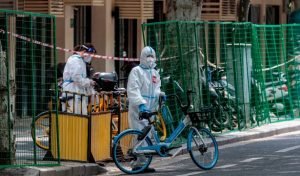
China’s ambassador to the UK has been told that he cannot appear in parliament as long as sanctions remain in place against several parliamentarians and their peers.
China sanctioned nine British politicians, lawyers and an academic in March for spreading what they said were “lies and misinformation” about the treatment of Uighur Muslims in the far west of the country.
Targeted individuals and their immediate family members are prohibited from entering Chinese territory and Chinese citizens and institutions are prohibited from doing business with them.
China took action after Britain, the United States, the European Union and Canada imposed parallel sanctions on senior Chinese officials accused of mass internment of Uighurs in Xinjiang.
At the time the sanctions were imposed, Britain condemned the measure as an attempt by Beijing to stifle criticism.
Last week, the five conservative lawmakers who were sanctioned – Sir Iain Duncan-Smith, Tom Tugendhat, Nusrat Ghani, Neil O’Brien and Tim Loughton – wrote to the president expressing their concerns.
- The Hidden Cost of Artificial Streaming: Understanding Fines and Their Impact on Artists’ Earnings
- Enhancing Your Music Reach: Track Radio Plays with Apple Music for Artists and Other Revolutionary Tech Support for Indie Artists
- Indie Artists Shine On A New Support System in Challenging Times
- Breaking Sound Barriers: Independent Artists Conquering the Film and Cinema Industry
- Are Search Engines Blocking Content Generated By Ai Assistants?
The two sanctioned pairs – crossbencher Lord Alton and Labour’s Baroness Kennedy – wrote to the Lord Speaker.
“The sanctions imposed by the Chinese government represent an attack not just on the members targeted directly, but on Parliament, all parliamentarians, selected committees and parliamentary privilege.
We must never allow our workplace to become a platform to validate and promote such sanctions.
We know that this is an opinion shared by many Honorable Members and Honorable Members, who wish their protests to be heard if this visit goes ahead.”
They added: “It is unthinkable, therefore, that parliamentarians should suffer this violation of our freedoms while the main representative of the Chinese government in the UK is still apparently free to come to Westminster and use the premises here as a spokesman for his regime. ”
Nusrat Ghani welcomed the ambassador’s “unprecedented” ban, telling BBC News: “Sanctioning MPs is a direct threat to Parliament and our democracy.
“We will not be silenced or intimidated by any regime, and our Parliament will not become a propaganda tool for the Chinese Communist Party’s absurd sanctions.”
Another sanctioned MP, Tim Loughton, tweeted:
“If the genocidal Chinese regime thinks it can end the freedom of expression of parliamentarians in a democracy, there are consequences and, in this case, it is that the Chinese regime should not have a platform in the Mother of Parliaments. “
Lindsay Hoyle, the spokeswoman for the House of Commons, and John McFall, the spokesperson for the House of Lords, intervened to prevent Zheng Zeguang from speaking at an event in parliament.
“I hold regular meetings with ambassadors around the world to establish lasting ties between countries and parliamentarians,” said Hoyle.
“But I don’t think it appropriate for China’s ambassador to meet at the Commons property and at our workplace when his country has imposed sanctions against some of our members.”
A Chinese embassy spokesman criticized the move.
“The despicable and cowardly action of certain individuals in the UK Parliament to obstruct normal exchanges and cooperation between China and the UK for personal political gain is against the wishes and harmful to the interests of the peoples of both countries.”
Hoyle said she was not banning the Chinese ambassador permanently, but only as long as sanctions remain in effect.
London and Beijing have been exchanging angry words on a range of issues, including China’s reforms in the former British colony of Hong Kong and China’s trade policy.
UN activists and rights experts say at least one million Muslims were detained in camps in Xinjiang. Activists and some Western politicians accuse China of using torture, forced labour and sterilization.
China has repeatedly denied all allegations of abuse and says its camps provide vocational training and are needed to combat extremism.








